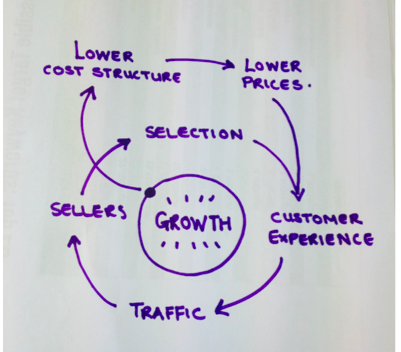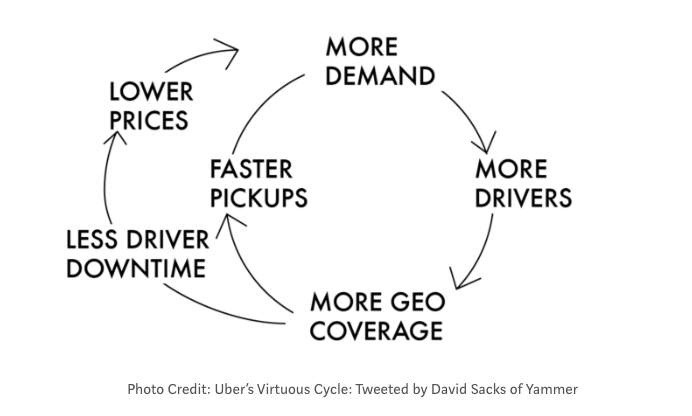Over the past decade, new platforms have driven down the cost of starting a tech…
Entrepreneurship, Marketplaces / Social / Collaboration / Network Effects
Good to Great is one of those iconic business books that every founder, CEO and business leader should read at some point. In the book Jim Collins identifies eight common traits that “good to great” companies share. It has been a decade since the book was published, and not every company that Collins used as a […]
Over the past decade, new platforms have driven down the cost of starting a tech…
While the past 10 years have seen a big focus on marketplaces for physical goods…
Good to Great is one of those iconic business books that every founder, CEO and business leader should read at some point. In the book Jim Collins identifies eight common traits that “good to great” companies share.
It has been a decade since the book was published, and not every company that Collins used as a case study for a “great” company ended up doing well. However, Collins developed a few key management concepts that still hold very true today…one of the most important turned out to be the “flywheel effect.”
In creating a good-to-great transformation, there is no single defining action, no grand program, no single killer innovation, no solitary lucky break, no miracle moment. Rather, it feels like a giant, heavy flywheel. Pushing with great effort, you get the flywheel to inch forward. You keep pushing and with persistent effort, you get the flywheel to complete one entire turn. You don’t stop. You keep pushing. The flywheel moves a bit faster. The flywheel moves a bit faster. Two turns…then four…then eight…the flywheel builds momentum. Sixteen…thirty-two…moving faster…a thousand…ten thousand…a hundred thousand. Then at some stage – breakthrough! The flywheel flies forward with almost unstoppable momentum. -Jim Collins, Good to Great.
Many of the most successful companies have found and turned their flywheel and I have added an illustration of Amazon’s and Uber’s flywheel below:


Collins has now just published a monograph, “Turning the Flywheel,” to accompany “Good to Great”. It focuses on how to create flywheel momentum in your particular circumstance. I think it is a super useful read for start-up founders, and we just sent a copy to all of our portfolio CEOs.
You can get the monograph here: https://www.amazon.com/Turning-Flywheel-Monograph-Accompany-Great-ebook/dp/B07JFT5G7N
Also listen to a great Recode Decode podcast hosted by Kara Swisher, where she discusses the topic with Collins: https://soundcloud.com/recode-decode/how-good-to-great-author-jim
Crypto / Blockchain, Portfolio, Version One
We’re excited to announce our investment in Loon, a Canadian company building the country’s first regulated digital dollar. Version One led Loon’s $3M pre-seed round, alongside Garage Capital and a group of strategic Canadian angel investors. Loon is on a mission to create trusted, transparent payment infrastructure for Canada’s digital economy — starting with CADC, […]
As 2015 comes to an end, it’s time to reflect on what we’ve done and…
As the Internet evolves, the venture capital business starts evolving and we have been seeing…